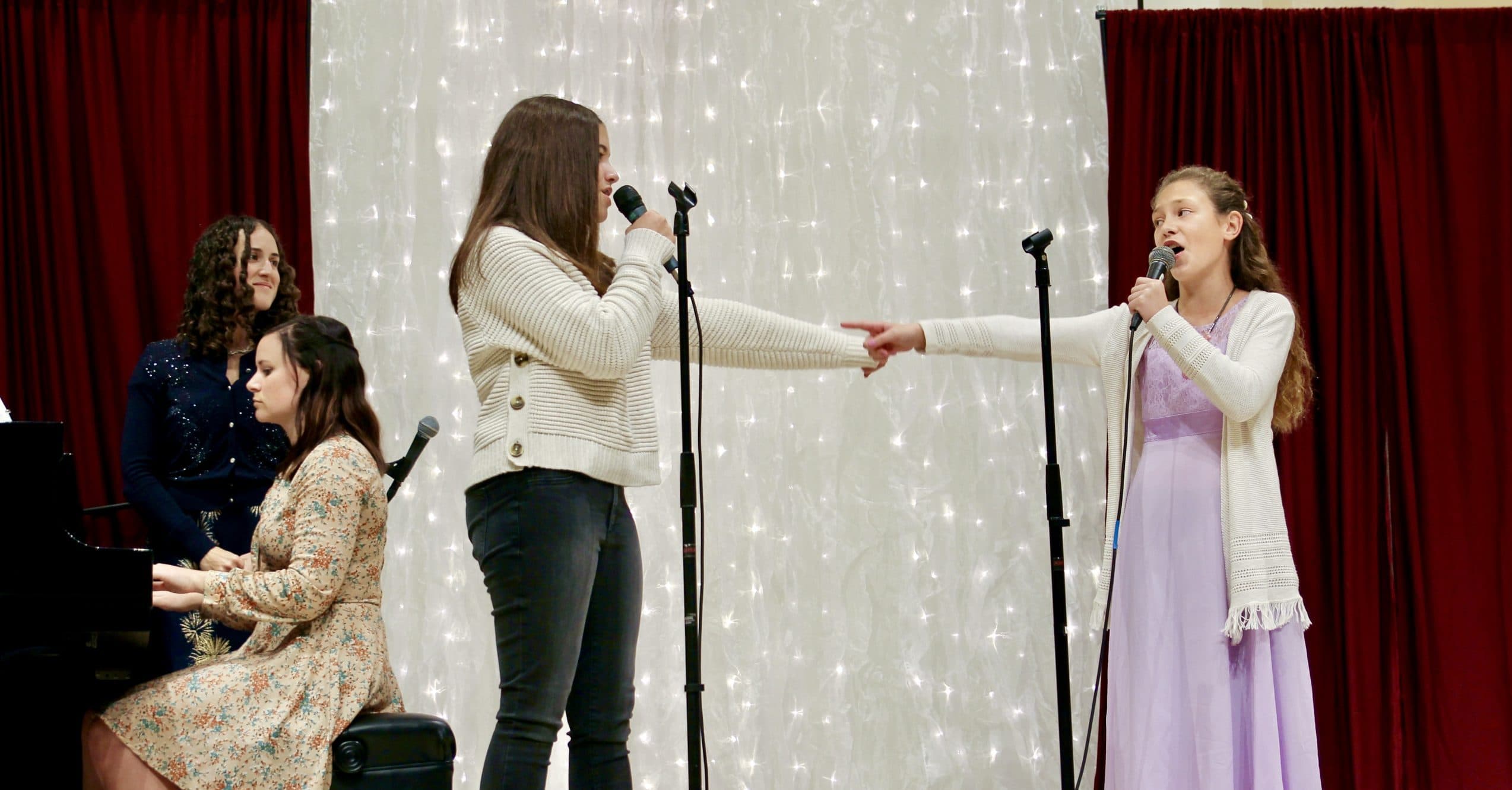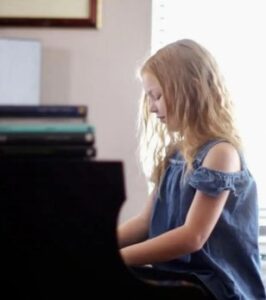Raising a Musically-Inclined Child
GET STARTED
There’s no better gift you can give your children than a love and aptitude for music. Growing up, my mom was our school music teacher, and my dad was never without a guitar. Music emanated from every corner of the house, and by the time I was three, I was convinced I had invented the C Major triad. Since then, music has remained an ecstatic constant in my life, and now I’m here to pass on the love with a few tips on how to introduce your kids to music.
It’s all fine and good to look at the studies and say, my kid is going to be more verbally, mathematically, and socially inclined. Just keep in mind that you’re introducing your little ones to music because it will enrich their world. It will stick with them for the rest of their lives.
Play Music for Your Child
It’s as simple as this: play music you want your child to develop an ear for. Okay, stay away from the death metal until they’re a little older, but you don’t have to stick with Pooh bear sings the ABC’s or Little Einstein plays the world’s most diluted renditions of Mozart.
Play a variety of music for your children. Give them classical symphonies, folk tunes, jazz, rock anthems, Afro-Cuban rumba, but don’t stop there. Playing music is far more important than choosing which music to play. If it seems like your baby or toddler really dislikes some type of music (which I sort of doubt will happen), stop playing it. And always try to correlate music with pleasant experiences.
Make music for your children. If you play an instrument, play it for them, and show them how much joy you get from playing. If you can carry a tune (and even if you can’t), sing to them. The songs you sing will remain in their subconscious until they have kids of their own.
Make Music With Your Child
Babies
You don’t need to purchase a new Steinway to expose your kids to music-making at an early age. Studies show infants who tinker around with musical toys develop better aural skills than those who are passively exposed to music: that means a more engaged and rewarded music listener. There are plenty of toys out there that will allow baby to discover simple melodic sequences. I like the Baby Einstein Count and Compose Piano because it allows babies to explore five diatonic notes in the scale, as well as string together pre-made melodies in “composer mode.”
Toddlers
Toddlers have slightly better attention spans than infants, and have unlimited energy. Harness that energy by making up games that involve movement. March around the yard with drums or tamborines and beat out the rhythm while singing a simple song. Play Ring Around The Rosie or London Bridges Falling Down. Older toddlers will enjoy copycat games in which you beat out a very simple rhythm, and have them imitate you.
Now is also the time to start exposing children to very basic ear training. Play very high and very low notes, and reinforce which is which by saying ‘high’ with a high voice, and ‘low’ with a low voice. Do the same for quiet and loud.
I recommend the Hohner 5 Piece Toddler Music Band, which includes a xylophone and several rhythm instruments. I like the variety and the portability of these toys, as opposed to a larger toy piano which can’t get up and run around with your toddler.
Four and Five-Year-Olds
When your child is four or five, consider enrolling him or her in formal music lessons. I frequently get the question, “what age should my young one begin lessons,” and the answer varies from child to child. If your child actively engages with you and focuses on the task at hand, he or she will probably benefit from music lessons. At this early age, keyboard is the best instrument to learn. Keyboards are straightforward, great for coordination, and require no strength or tuning on the part of the child.
You might also consider enrolling your child in dance lessons at this age. Ballet and tap were instrumental in cultivating my sense of rhythm and my “ear” for classical music. Dance is also a great energy sink for those kids who aren’t quite ready to sit still.
The most important point to remember is if you love music, and constantly demonstrate that to your child, chances are, your child will love it too. Early childhood exposure isn’t as much about aptitude as it is about enjoyment, so grab those pots and pans and get marching!



